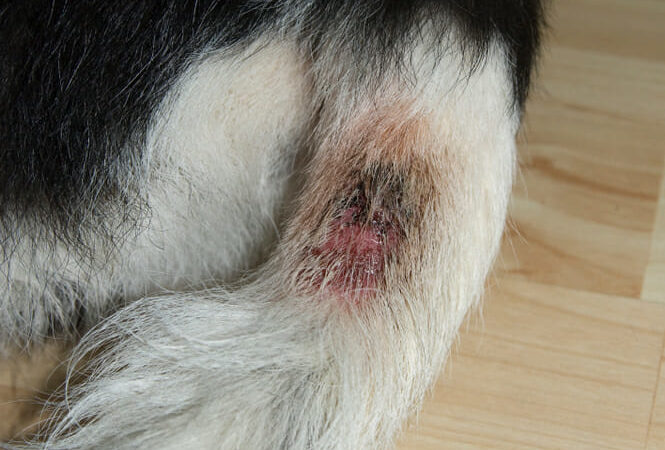The most common surgical procedure in a veterinary hospital would be the spay/neuter. It can also be a very personal and contentious issue. We consider these surgeries as a valuable part of a pet’s preventative care – we see so many reasons to do so on a daily basis. We see patients with physical conditions related to their reproductive organs. We consult with patients dealing with hormone-related behavioural issues. We are always happy to discuss reasons and concerns about your individual dog.
What does neutering/spaying do to a dog?
Neutering/spaying your dog removes the reproductive organs so that they cannot procreate. Removing these organs stops hormone production as well.
Why is it important to neuter/spay my dog?
The greatest benefit to yourself, your pet and your community is to prevent unwanted litters. There are also behavioural and health benefits to having your pet neutered as well. Marking behaviours, roaming and certain aggressions can be avoided by spay/neuter. Prostatitis, mammary masses, vaginal prolapse, pyometra are all common conditions associated with intact animals. Our staff would be happy to review the pros and cons of your individual pet.
How old should a dog be before they are neutered/spayed?
As we are learning more about our dogs through veterinary research, it is becoming evident that there is no absolute answer. Size and breed are now a huge factor in the timing of a spay/neuter. However, the risk of pregnancy or long-term behavioural issues may alter the final scheduling as well. Our goal is to review these concerns during routine vaccinations as part of your dog’s preventative health program.
How much does it cost to neuter/spay a dog?
Our neuter/spay prices are related to the size of your pet. Our goal is to provide the best care possible, so pain control, bloodwork, fluids and anesthetic monitoring are including in our standard surgical estimates.




